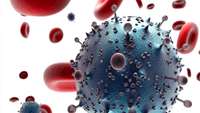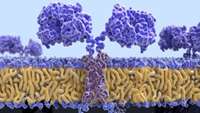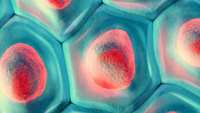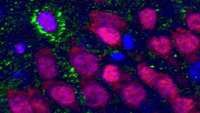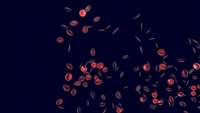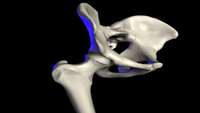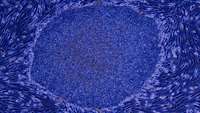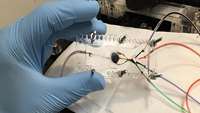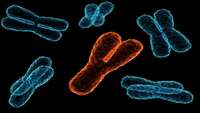New CRISPR/Cas9 system targets regulatory genes of AIDS virus
By destroying the regulatory genes of the AIDS virus HIV-1 using the genome editing system CRISPR/Cas9, a Japanese research group has succeeded in blocking the production of HIV-1 by infected cells.
Belgian Biotech gets a €40M Boost to Keep up in the CAR-T Race
Belgian biotech Celyad has raised substantial funding on Euronext Paris and the NASDAQ to support its CAR-T cell therapy, which can be applied to both solid and blood tumors. CYAD-01, its most advanced drug candidate, is currently in Phase I trials. The funding could help Celyad keep up with other CAR-T developers.
Swedish Biotech Partners With Novo Nordisk to Advance Stem Cell Therapies for Diabetes
BioLamina, based in Stockholm, is collaborating with the world-leader in diabetes treatment Novo Nordisk to develop stem cell therapies that use BioLamina’s protein cell culture matrices. BioLamina’s technology could enhance Novo Nordisk’s stem cell therapies effectiveness in treating diabetes.
Even Old Brains Can Make New Neurons, Study Finds
In research published today in the journal Cell Stem Cell, scientists at Columbia University Vagelos College of Physicians and Surgeons present the most definitive evidence to date that the human brain makes new neurons throughout life.
Breakthrough in understanding of how red blood cells develop
By taking a deep dive into the molecular underpinnings of Diamond-Blackfan anemia, scientists have made a new discovery about what drives the development of mature red blood cells from the earliest form of blood cells, called hematopoietic (blood-forming) stem cells.
New Method Could Improve Longevity and Lessen Wear of Artificial Hips
Mechanical engineering researchers have developed a method that could extend the life of an artificial hip by adding an array of microscopic indentations that increase the thickness of a lubricating film on its surface.
Japan keeps edge in stem-cell medicine with heart study
Japans decision on Wednesday to greenlight a study using stem cells for treating heart failure shows how far the field has progressed in the decade since the cells were first developed.
UCLA Engineer Develops 3D Printer That Can Create Complex Biological Tissues
A UCLA bioengineer has developed a technique that uses a specially adapted 3D printer to build therapeutic biomaterials from multiple materials. The advance could be a step toward on-demand printing of complex artificial tissues for use in transplants and other surgeries.
Gilead to build its EU CAR-T manufacturing facility at Amsterdam airport
Speed is of the essence when it comes to manufacturing CAR T drugs—personalized treatments in which immune cells are engineered to recognize and destroy patients’ cancers. With that in mind, Gilead will locate a new European manufacturing site for its CAR-T therapy Yescarta at an airport in the Netherlands.
Leukaemia: protective role of Y chromosone gene discovered
Scientists have discovered the first leukaemia protective gene that is specific to the male-only Y chromosome. Researchers at the Wellcome Sanger Institute and the University of Cambridge found that this Y-chromosome gene protects against the development of Acute Myeloid Leukaemia (AML) and other cancers.


